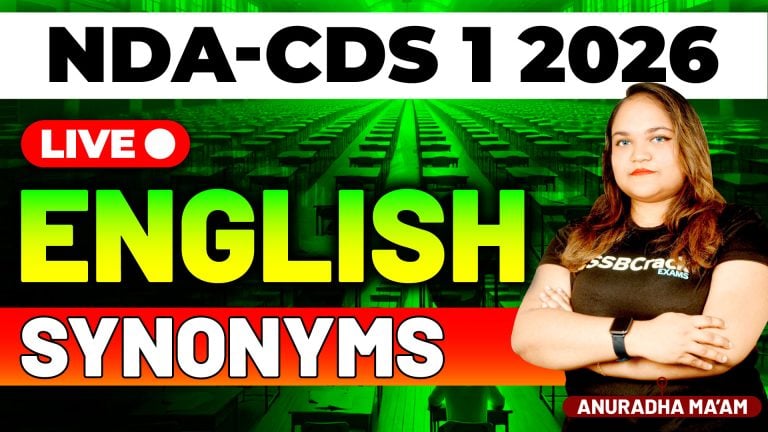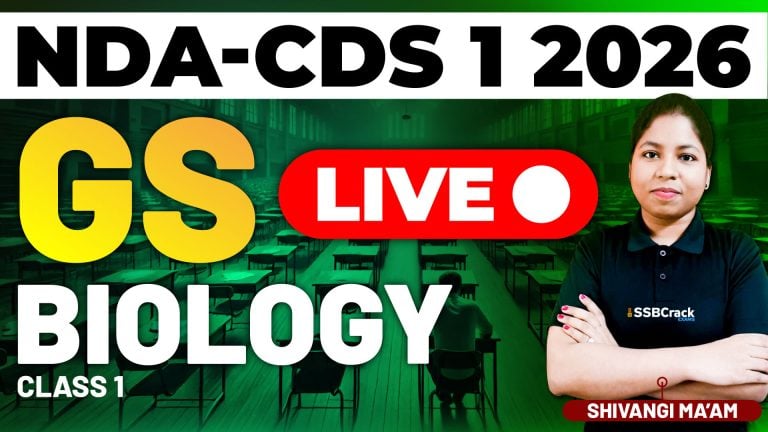Introduction
The preparation for NDA and CDS 2025 examinations requires a strong foundation in Physics, as it forms an integral part of the General Ability Test. In today’s Miscellaneous Class-1, we focused on strengthening conceptual clarity by revising essential topics and exploring important concepts such as Heat Energy and Latent Heat. These topics not only hold significant weight in competitive exams but also serve as the backbone for understanding thermodynamics and real-world applications of Physics.
Discussion on Heat Energy
We began with Heat Energy, emphasizing its nature as a form of energy transfer due to temperature difference. The class explored key formulas, units, and real-life examples to illustrate how heat energy impacts matter. Special attention was given to specific heat capacity and its role in heating and cooling processes, which often appear as problem-solving questions in NDA and CDS exams.
Latent Heat
The next topic covered was Latent Heat, a crucial concept that describes the energy required to change the state of a substance without changing its temperature. We discussed both latent heat of fusion and vaporization, along with their practical applications in everyday life and defense-related scenarios. Numerical problems were solved to enhance problem-solving skills, ensuring students can tackle exam questions efficiently.
Revision of Topics
To reinforce learning, the class concluded with a revision of previously covered Physics topics. This quick recap ensured continuity in understanding and helped students integrate different concepts, which is vital for tackling the miscellaneous section in competitive exams.
Conclusion
Today’s class successfully bridged theoretical knowledge with practical understanding. By covering Heat Energy, Latent Heat, and revising core Physics concepts, students gained deeper insights essential for NDA and CDS 2025 preparation. With consistent practice and conceptual clarity, these topics will not only help in scoring well in exams but also in building a strong foundation for future scientific learning.







